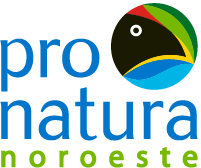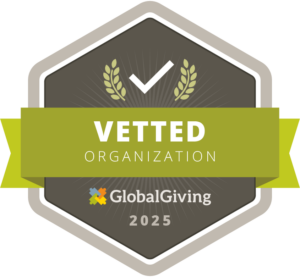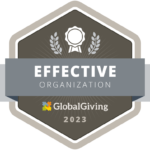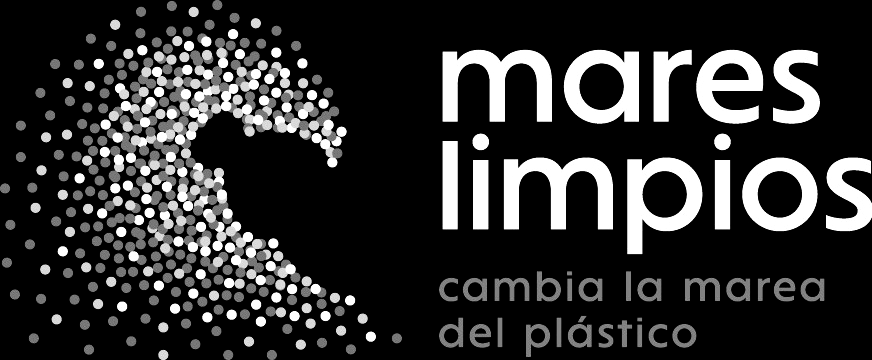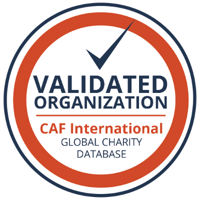Plastic has been a part of our lives for almost 200 years. Today we rely heavily on synthetic products, both in the home and medicine, as well as in commerce and entertainment. From eyeglasses, prostheses and medical instruments, to school bags, computer circuits, balls, hoses and fishing tackle, the production of plastic goods is advancing at an unending pace. It is estimated that more than half of the existing plastic was produced in the last 20 years.
We solve infinite needs with plastic, but as a society and as individuals we have not learned that it takes centuries and even millennia to reintegrate into nature. And what is worse: we throw it away without control. Every day millions of tons of these plastics reach lakes, lagoons and seas. It is estimated that between 5 and 50 trillion plastic fragments pollute ocean waters, not including those that remain on beaches nor those that sink to the seabed. Moreover, these could triple by 2040.
So the oceans are choking on plastic waste. To address this overwhelming problem, the 7th International Conference on Marine Debris was held from September 18 to 23 in Busan, Republic of Korea. The event was organized by the United Nations Environment Program and the Ministry of Oceans and Fisheries of the Republic of Korea. A prestigious group of experts, government representatives, companies, and civil organizations met to analyze diagnoses in different fields of science and to strengthen international linkages to address marine pollution and plastic waste.
For the first time, Pronatura Noroeste participated in this prestigious forum. We were represented by Dr. Pablo Álvarez Morales, our Thematic Coordinator of Sustainable Fisheries, who shared with the attendees some of the knowledge gathered to combat ghost fishing in our country. Ghost fishing refers to fishing gear (nets, lines, hooks, ropes and traps) that are abandoned, lost or discarded at sea. These objects accumulate all over the planet and represent a threat to thousands of marine species that mistake them for food or become entangled in them. These millions of fishing gear are fishing for nobody.

A clear case of the risk posed by ghost fishing is the near extinction of the Vaquita Porpoise (Phocoena sinus). This small cetacean of the Upper Gulf of California forages in schools of fish, and becomes fatally entangled in gillnets. Efforts to combat this problem have not been sufficient. Since 2020, no Vaquita porpoises have been sighted, although it is believed that between 8 and 10 individuals survive.
Pronatura Noroeste’s presence at this international conference stems from the alliances we have established with national and international organizations. These include the Ocean Conservancy, the world leader of the Global Ghost Fishing Initiative (GGGI), as well as the Pronatura system throughout the country. This has allowed us to strengthen the work we have done over the last eight years to reduce the use of plastics in our region, promote policies to reduce the use of single-use plastics, and provide training on environmental issues.
As part of the North American Net Net Collection Initiative (NANCI), we conducted surveys with fishermen in the coastal communities of the Gulf of California, the entire Mexican Pacific and the Gulf of Mexico. This will allow the Ministry of Foreign Affairs to have reliable information to build a national strategy to combat ghost fishing and plastic waste pollution in the sea. The development of this strategy is expected to begin in the last quarter of 2022.

As can be seen, in the face of the challenge of marine pollution and plastic waste, we at Pronatura Noroeste apply global initiatives locally. Our organization is eager to find partners to invest in projects for environmental sustainability. Participating in the 7th International Marine Debris Conference is an example of this.
Join us to reverse the pollution of our seas and oceans together.
